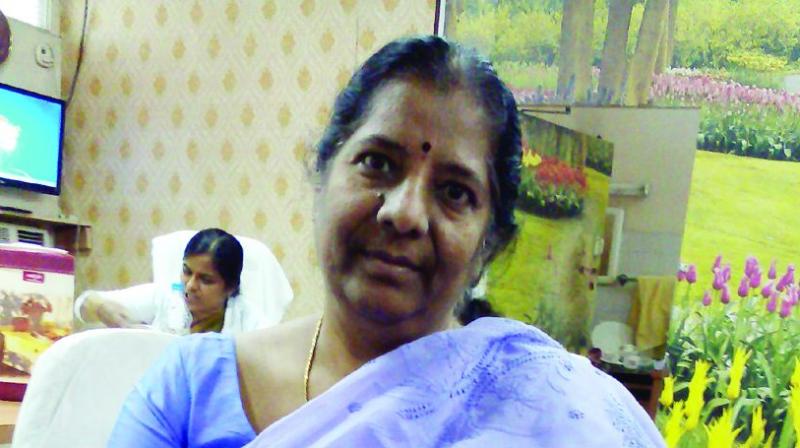Women doctors still hesitate to make the big cut
Most women medicos keep off tougher' surgery specialisations. Those who broke the mould say it may be difficult but not impossible.

Hyderabad: Ever wondered why there are so few women surgeons? The difficulty of achieving a work-life balance, the demands of the job and family requirements are cited as the reasons why female medical students do not pursue a career in surgery. Recent surveys show that only 13 per cent among cardiologists and gastroenterologists are women while just one neurosurgeon out of 10 is a woman. The figure drops to 7 per cent among oncologists and nephrologists. Just five out of 100 orthopaedic surgeons are women.
The number of women has stayed small for two decades though the number of seats has been increased in both undergraduate and postgraduate medical courses. Dr Usha Rani, senior oncogynaecologist surgeon and associate professor at MNJ Cancer Hospital, said, “The life of a surgeon is tough. One has to be physically strong as some operations take 10 to 12 hours. It takes dedication and mental strength to handle cases when there are complications during surgery and also during post-operative care. This toughness develops from the passion one has for the job.”
Senior professors in medical colleges say that undergraduates have begun opting for the less-stressful jobs. Surgeons, men or women, have to put in at least 15 to 18 hours of work a day and have to be available on emergency duty. “The biggest problem is the inability to handle work pressure and manage homes,” said Dr Pradeep Deshpande, senior nephrologist. “Most young women surgeons are not able to concentrate on their profession despite having the talent and skill as they are managing too many things at home. A doctor has to be available 24x7.” A senior doctor said some of woman doctors are very dedicated and practise zealously but many do not opt for emergency duty and their practice is minimal. “This affects them as the skills of the surgeon are on the operating table. This skill is fine-tuned when one practises,” he said.
With advancements in the field bringing in laparoscopic surgery and, lately, robotics to operating theatres, surgeons say they have to upgrade their skills to handle the advanced equipment. Dr T. Chiranjeevi, the only woman senior ortho-paedic and joint replacement surgeon here, said, “When I started my career I was clearly told that I would need a lot of strength to deal with fractures, joining and straightening bones. Now there is a lot of equipment that we use and getting trained in them and learning is different. A surgeon has to ensure he or she takes up new skills and practises them. This requires being associated and practising.”

